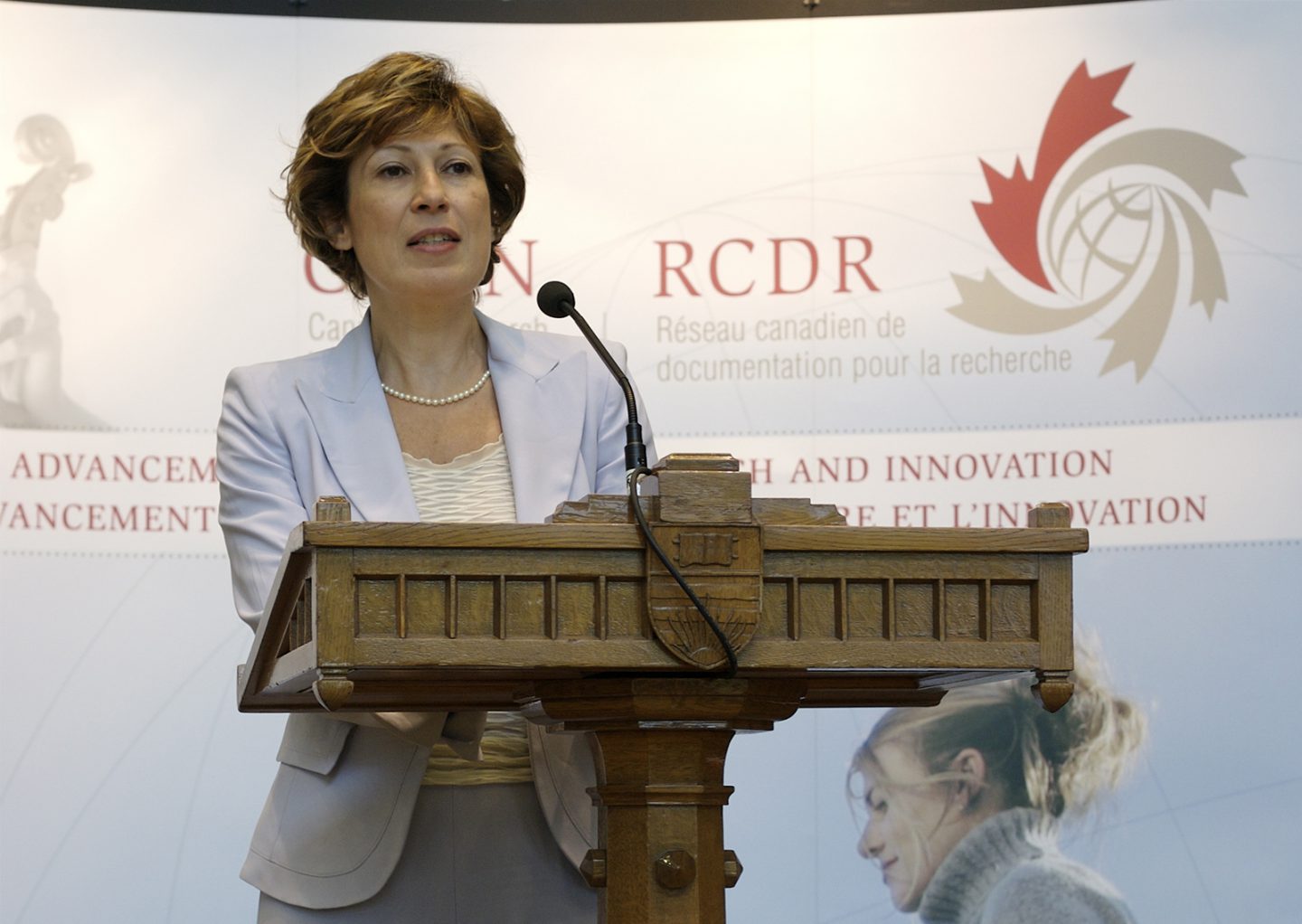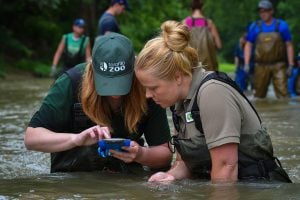
Science & Tech
20 Canadian innovations you should know about
Celebrating Canadian Innovation Week 2023 by spotlighting the people and organizations designing a better future
- 3327 words
- 14 minutes
This article is over 5 years old and may contain outdated information.
Science & Tech

In what advocates for open science and evidence-based decision making are calling a positive move for research in Canada, the federal government has appointed a Chief Science Advisor.
Dr. Mona Nemer, a professor and Vice-President of Research at the University of Ottawa with a background in cardiac research, was announced as Prime Minister Justin Trudeau’s pick for the role on Tuesday.
Nemer will be tasked with ensuring that cabinet ministers have access to expert advice to help inform their policy decisions, and that federal government scientists are able to speak freely about their work.
“A respect for science and for Canada’s remarkable scientists is a core value for our government,” Minister of Science Kirsty Duncan said in a statement. “I look forward to working with Dr. Nemer … who will provide us with the evidence we need to make decisions about what matters most to Canadians.”
Katie Gibbs, executive director of Ottawa-based Evidence for Democracy — a key voice in the fight to unmuzzle federal scientists under the Harper government — welcomed the appointment, which she says sends a strong signal to the academic community at home and abroad that Canada values scientific evidence.
“Every decision government makes today is in some way informed by science, so it’s important for our top decision makers to have an advisor they can go to who can provide that expertise and perspective,” she says. “It’s incredibly inspiring to see years of hard work pay off in this concrete, positive development for science in Canada.”
Nemer holds a PhD in chemistry from McGill University and previously headed up the Cardiac Genetics Unit at the Montreal Clinical Research Institute. In Ottawa, she served as director of the Molecular Genetics and Cardiac Regeneration Laboratory at the U of O. Among a long list of accolades, she’s also a member of the Order of Canada and a Knight of the French Republic’s ordre national du Mérite, and has been awarded honorary doctorates from France and Finland.
Gibbs says she’s hopeful that Nemer will take a close look at how research is funded in Canada and heed some of the recommendations made earlier this year by a panel of scientists convened by Minister Duncan. In its final report, that panel concluded that the federal research apparatus is “weakly coordinated and inconsistently evaluated,” and warned that as government spending on science has flatlined, Canada’s research competitiveness on the world stage has eroded.
Gibbs points to the federal Climate Change and Atmospheric Research Program as an example of a gap between the government’s official line and the reality of research funding. CCAR expires at the end of this year and was not renewed in the latest budget, leaving the fate of seven critical climate change research projects, including the Polar Environment Atmospheric Research Laboratory on Ellesmere Island, in doubt.
“A number of really important climate research programs are potentially going to close, and there’s a lot of concern among the climate science community about this, so I expect that will be on [Nemer’s] radar as well,” says Gibbs.
Are you passionate about Canadian geography?
You can support Canadian Geographic in 3 ways:

Science & Tech
Celebrating Canadian Innovation Week 2023 by spotlighting the people and organizations designing a better future

Wildlife
Canada jays thrive in the cold. The life’s work of one biologist gives us clues as to how they’ll fare in a hotter world.

Travel
The trail started with a vision to link Canada coast to coast to coast. Now fully connected, it’s charting an ambitious course for the future.

Environment
A new study finds zoos and aquariums in Canada are publishing more peer-reviewed research, but there is still more to be done